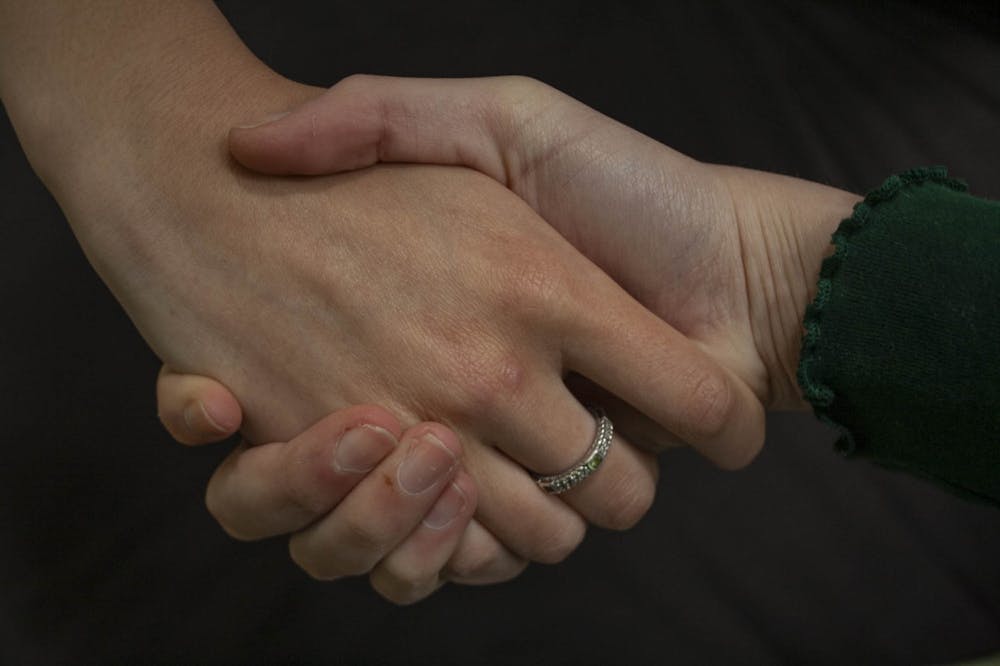“The most vulnerable people are the ones that are dealing with customers directly, and we need these folks to keep things going,” Arne Kalleberg, a UNC Kenan Distinguished Professor of Sociology, said. “But they’re not particularly well-paid, and they’re not particularly well-regarded.”
In his 2018 book, “Precarious Lives: Job Insecurity and Well-Being in Rich Democracies,” Kalleberg argued that gig workers needed to be protected, and that the United States was lagging behind countries like Denmark and Germany in such measures.
Now, he said, is the time for government intervention across the board. He compared the situation to the Great Depression and President Franklin Roosevelt's response, the New Deal.
“For a long time, the last 30 years, we’ve taken the view that the market system is the way to make decisions and the way to run an economy,” Kalleberg said. “That’s not happening anymore. Right now, we’re seeing a breakdown of markets. The idea that we don’t need the government to step in and help people is really by the boards.”
Robert Hummer, another UNC sociologist, said the devastation of COVID-19 could mean a demand for more progressive government policy, like health insurance reform and higher levels of unemployment benefits.
Because of lingering economic uncertainty, he said, fertility rates will remain relatively low — so don't expect a "mini-baby boom" once a vaccine is found. And on an individual level, Hummer added, it’s unlikely that social interaction, particularly in large crowds, will go right back to normal.
“Those kind of (social distancing) practices could last quite a while, even after restrictions are lifted,” he said. “Do you really want to sit close to someone on an airplane? Will we be more leery about attending a football game?”
Ravenelle said sociologists will not be immune to these changes, nor are they immune to the trials and tribulations of holding class and conducting research remotely. The shift to remote work has lifted the “artificial border” between office and home, Ravenelle said, and led to a slew of articles detailing how to get along with your new coworker: your spouse.
“It’s not a real Zoom call unless you have a pet or a spouse or a screaming child who suddenly Zoom-bombs you,” she said.
Still, those interviewed said there are reasons for optimism. Kalleberg hopes the pandemic can lead to a more “collective” worldview, both economically and socially. Hummer expects progressive policy reform to make an impact. And Ravenelle already sees the ways in which the coronavirus has led to an increase in plain old human decency.
“I don’t want to look at the ‘silver lining’ of COVID-19,” she said. “But I think this is forcing us to become a little bit more flexible and a lot more compassionate towards each other.”
@ryantwilcox
To get the day's news and headlines in your inbox each morning, sign up for our email newsletters.
university@dailytarheel.com




